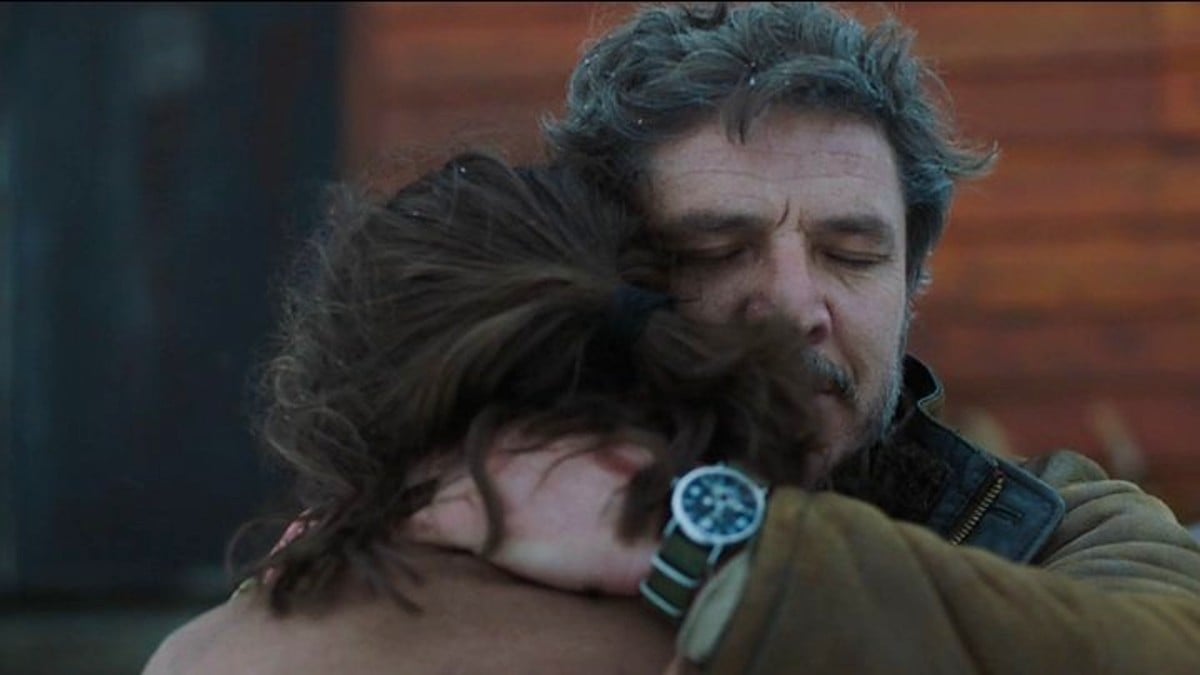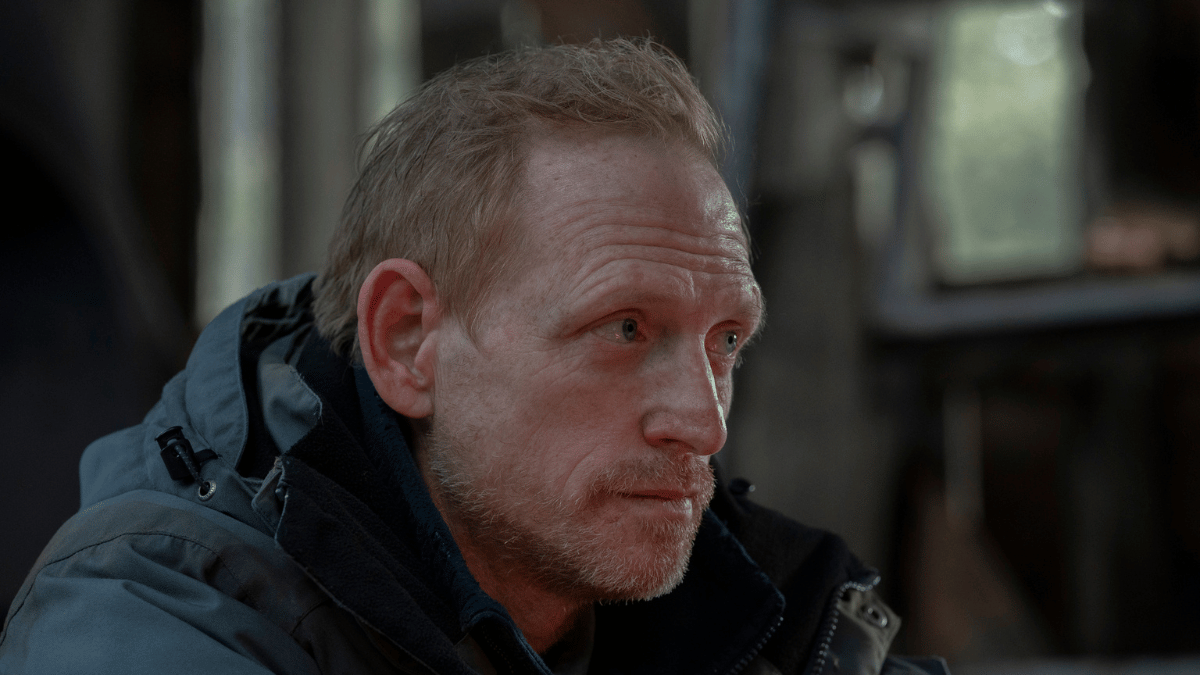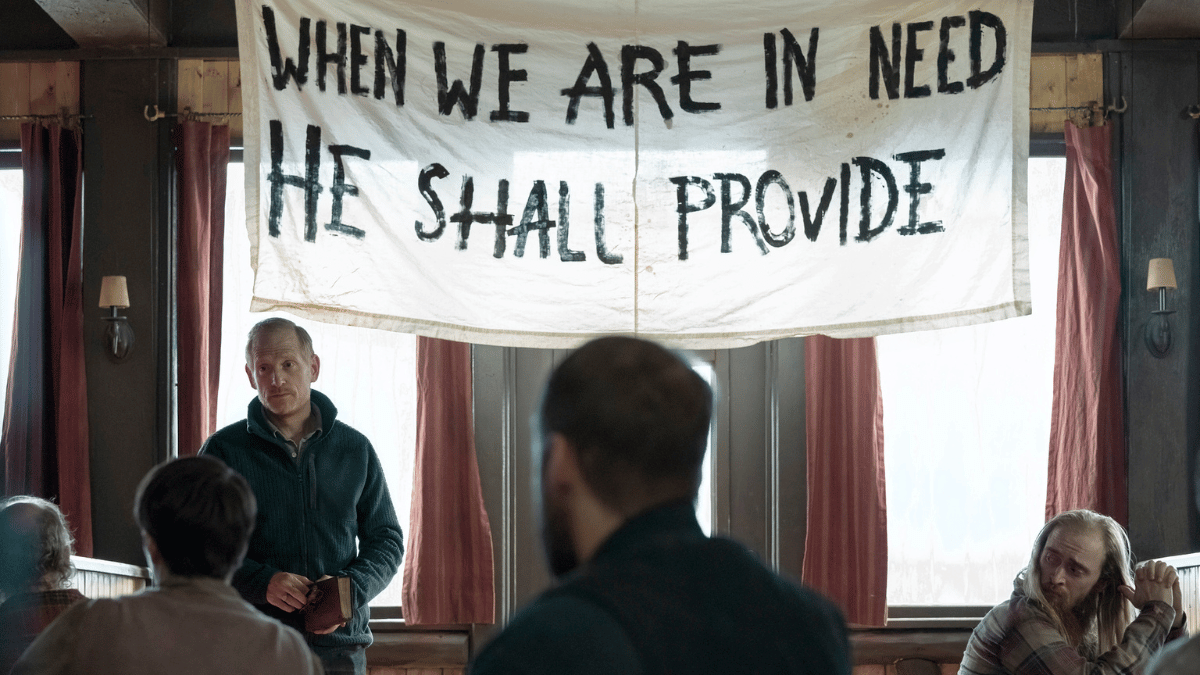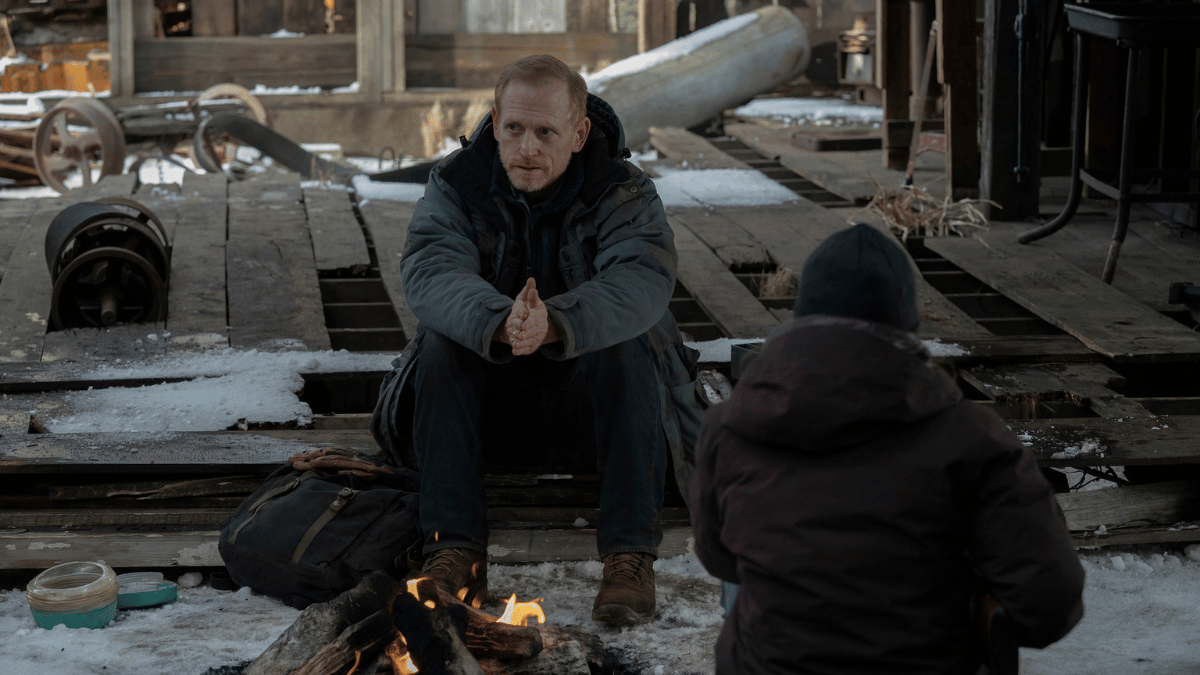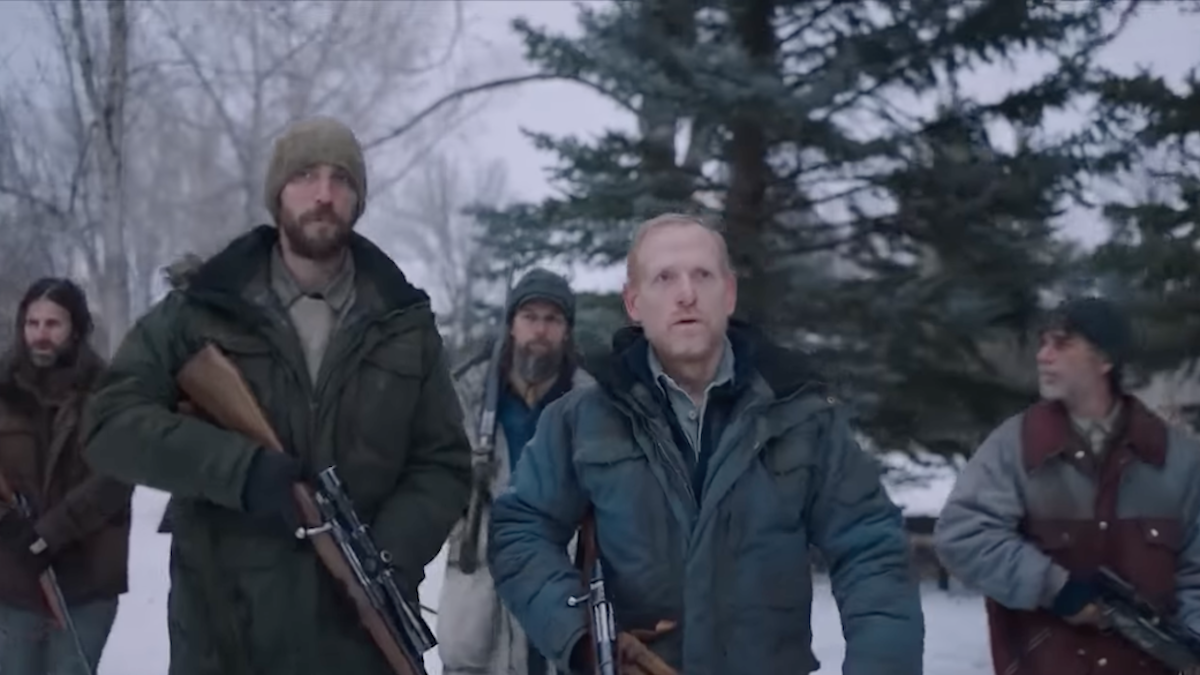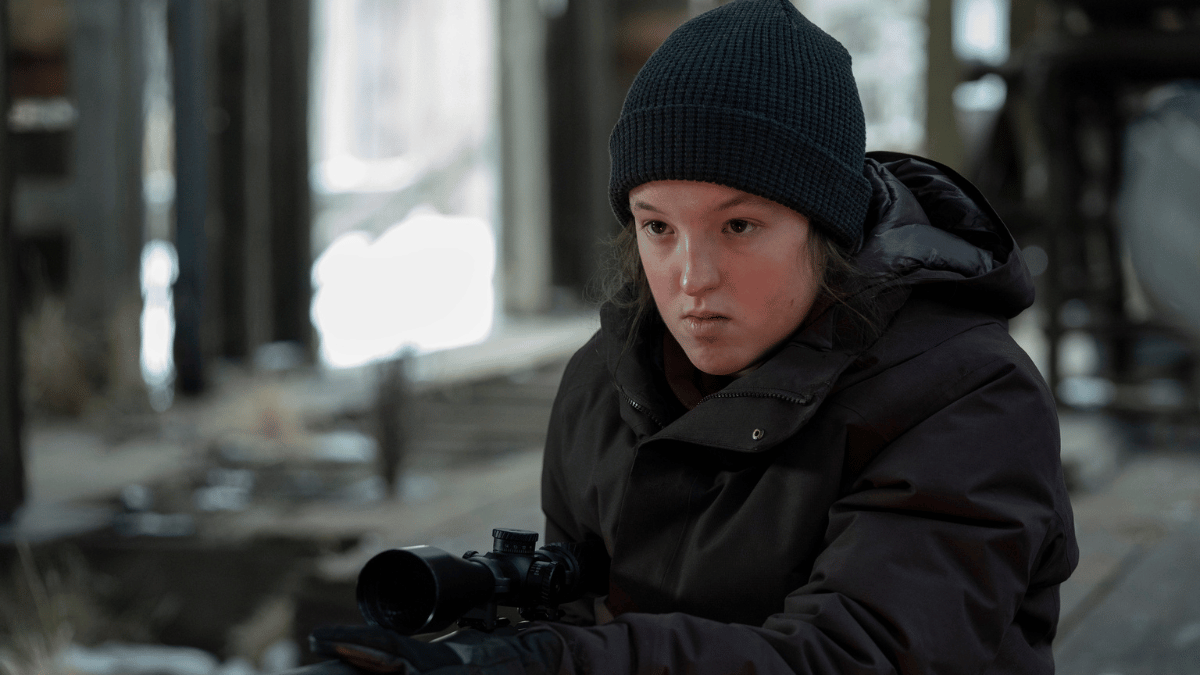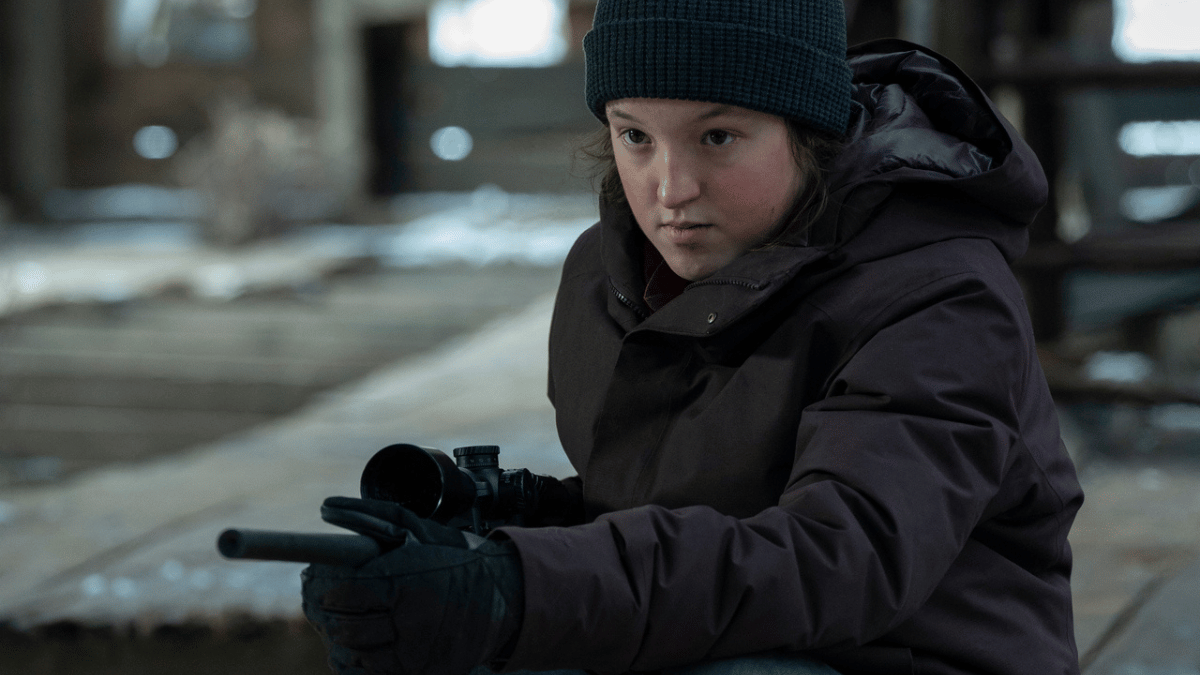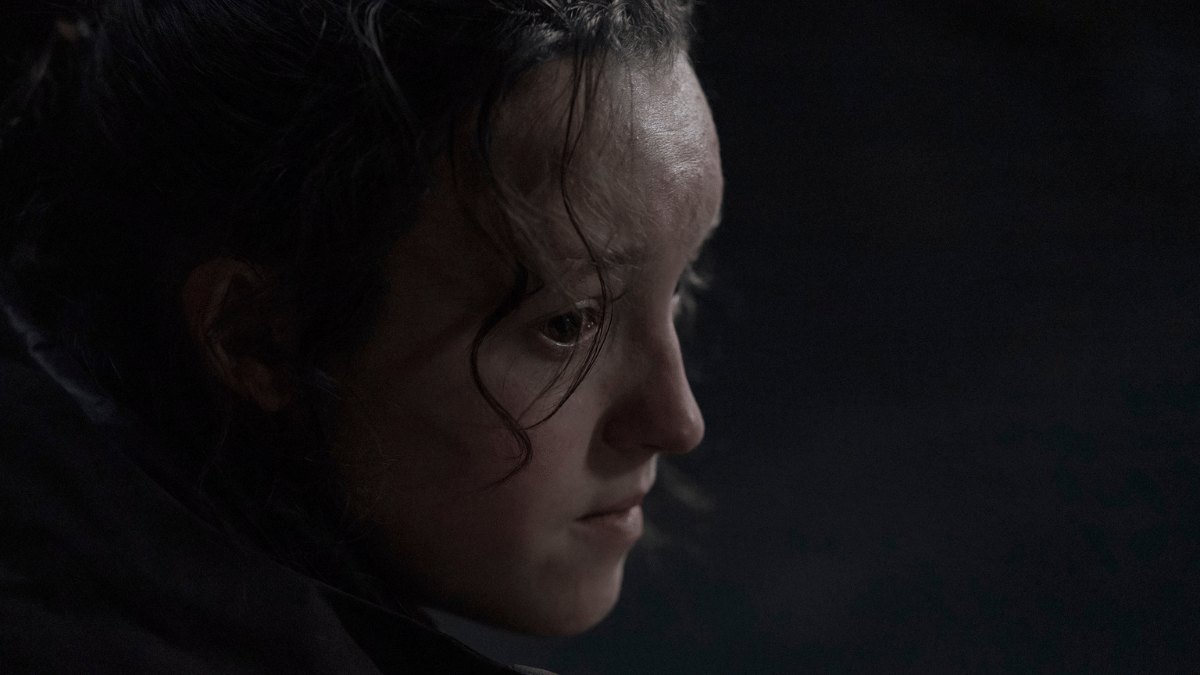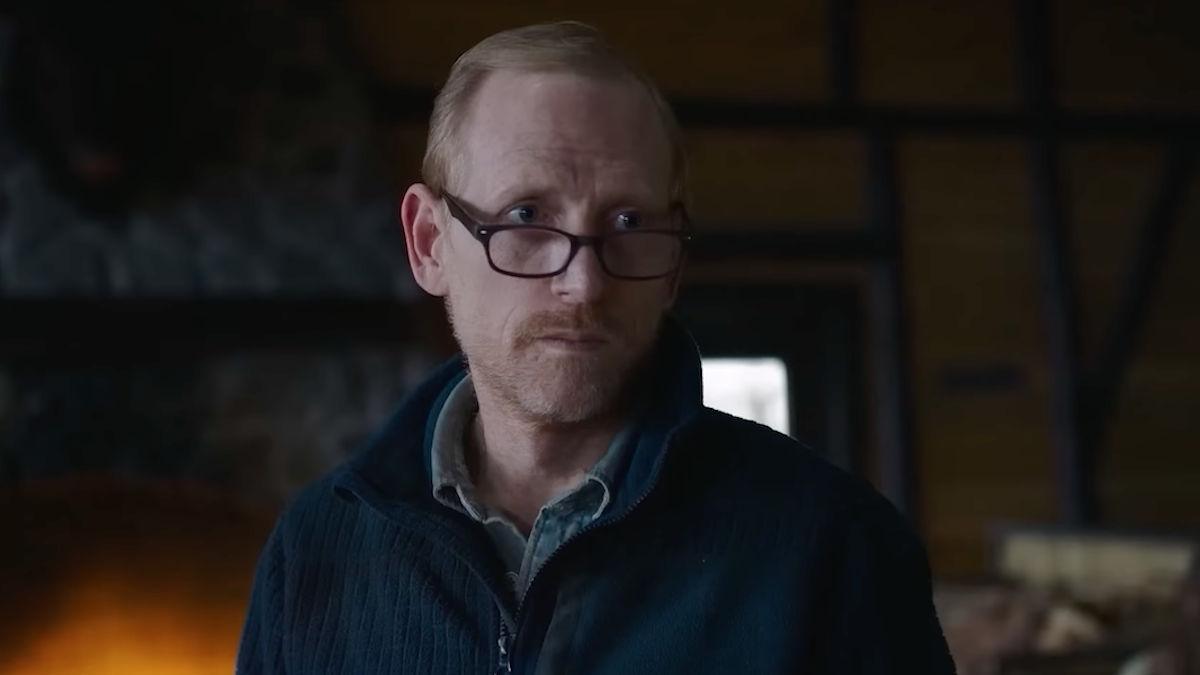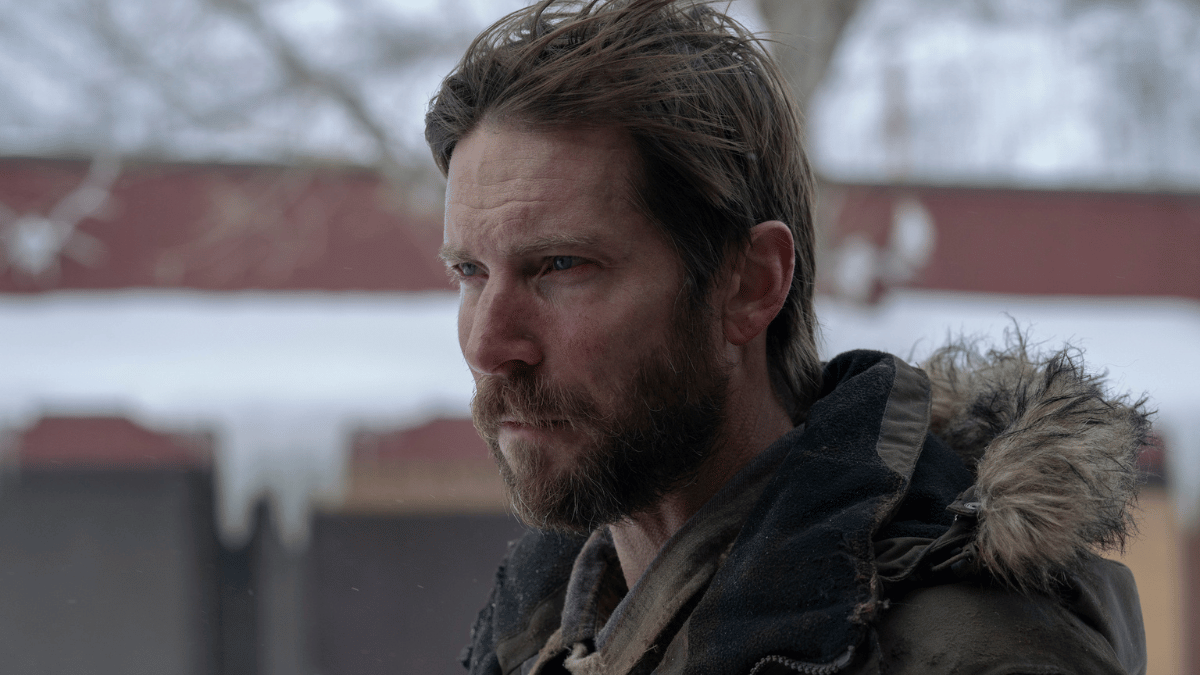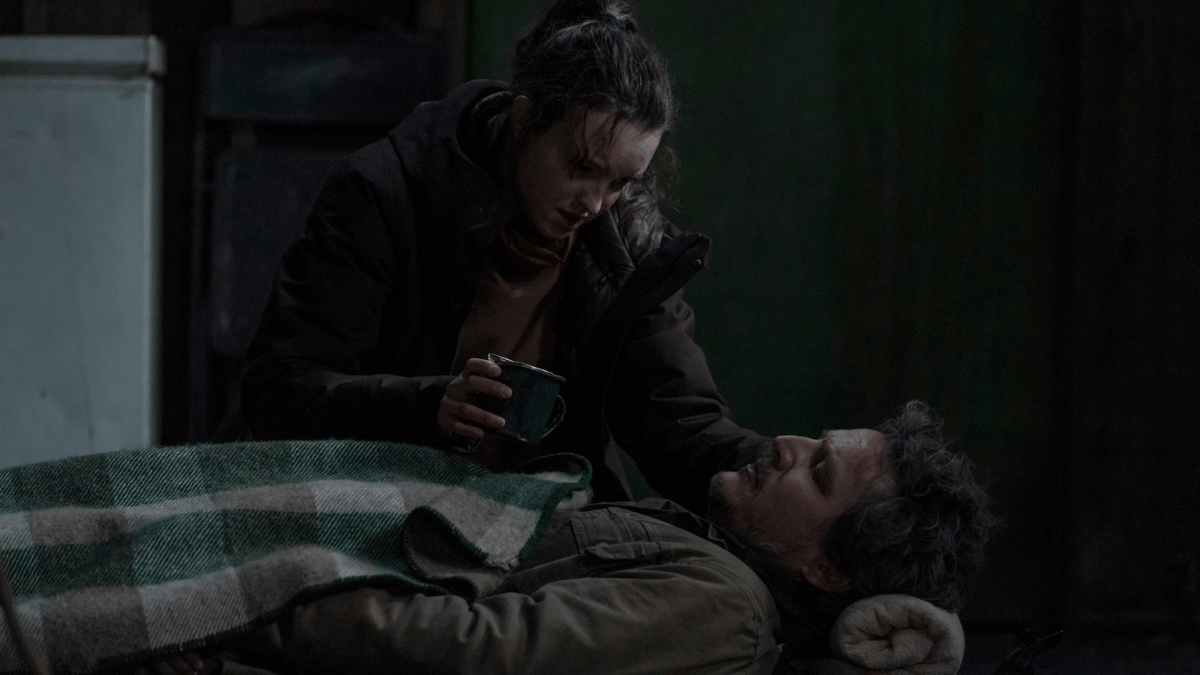Warning: the following article contains spoilers for The Last of Us episode eight, “When We Are In Need.”
HBO’s The Last of Us is a story about persevering through a zombie-ridden pandemic, and each episode is laced with meaning, but the series may have just tipped its hand and revealed the metaphorical meaning of the cordyceps brain infection on humanity. It has quickly taken over the world, turning people into violent zombies who prey on the living.
The Last of Us follows Joel (Pedro Pascal), a man who loses his daughter on the first day of the zombie apocalypse despite his best efforts to save her. This moment colors every other one that follows in Joel’s life, and the story jumps 20 years into the future to show just how stagnant he’s been. Joel is living in a quarantine zone (QZ) in Boston and things are rough all over, with very little chance of getting better.
The laws are enforced by the military authority FEDRA where there are public hangings and curfews, and Joel makes ends meet by selling Hydrocodone pills. It’s bleak, but when a rambunctious girl named Ellie (Bella Ramsey) with the potential to provide the antidote due to her immunity to the cordyceps virus, goes on a quest to bring her west to the Fireflies basecamp in Wyoming to find a cure. In a time that’s so terrible, Ellie represents hope.
The first seven episodes have been harrowing for Joel and Ellie. They’ve faced zombies and hunters and they’ve lost allies along the way, and in The Last of Us, episode eight, “When We Are In Need,” the story goes even deeper. It begins with David (Scott Shepherd), a former teacher turned preacher and the leader of a religious group, quoting Revelation 21 to his withering people. He reads, “And I saw a new heaven and a new earth, for the first heaven and the first earth had passed away. And I heard a great voice out of heaven saying, Behold, the tabernacle of God is with man. And God shall wipe away all tears from his eyes.”
A girl cries and David stops reading. She’s just lost her father, and he consoles her by continuing to the next part. He says, “And God will wipe away all tears from their eyes. For there will be no more death, neither sorrow nor crying, neither will there be any more pain, for the former things have passed away.” David’s controlling his people with religious rhetoric and it foreshadows one of the most important scenes in the episode.
At this point, Joel’s severely injured from a gunshot wound and is unable to protect Ellie. She takes him to an abandoned residence and does her best to keep him alive, but things aren’t looking good. She goes out hunting and comes across two men from a religious group who she holds up at gunpoint. She threatens them into getting medication from them and returns back to the house to give it to Joel. The group’s leader David (Scott Shepherd), takes his men and captures Ellie, and plans to kill Joel.
David imprisons Ellie in a cage back in his resort and he shares his ideology — not what he tells his group, but his actual beliefs. He claims that after the world ended, he was shown the truth by cordyceps. He says that cordyceps is not evil, it’s fruitful, it multiples, and feeds and protects its children, securing its future through violence. This cordyceps ideology makes David’s true motivations all the more clear: he has a violent heart and believes this to be good because the cordyceps infection is itself natural.
The bible quote from earlier alluded to this as well. The first heaven and earth dying for a new heaven and earth to begin is a metaphor for the old way of life and the world now that it’s been overtaken by the cordyceps infection. It’s a world without pain where a new ideology is adopted, one where violence is no longer seen as a sin but as a means of survival for the protection of one’s loved ones.
Reflecting upon it, many characters have lived by a similar code. The leader of the hunters Kathleen (Melanie Lynskey) turned Kansas City upside down seeking vengeance for brother Michael, and had no qualms with killing those in her way. Henry (Lamar Johnson) gave up Michael to FEDRA for leukemia medicine for his brother Sam (Keivonn Woodard). Both parties have done horrible things for the sake of their loved ones — even Joel has killed innocent people, a past he confesses feeling guilty about to his brother Tommy (Gabriel Luna) in the episode, “Kin.”
It should be noted that David’s ideology is skewed, and that too influences his perspective on the new world. In those aforementioned examples, the characters didn’t necessarily see themselves as virtuous for their actions. Instead, their actions are more of a means to an end after being forced into an unenviable situation. David, on the other hand, practically considers himself a messiah. He’s a predator, a cannibal, a sexual assaulter, and a liar who weaponizes religion for his own gain so he’s not the most trustworthy authority on the matter.
There are hints of David’s trustworthiness throughout the episode. The Last of Us voice actor Troy Baker plays James, one of David’s partners who has misgivings about his leader’s choices, and gives him uncertain looks numerous times. Seeming dissent is also registered by a woman who, given meat to cook, questions what kind of meat it actually is, and doesn’t seem all that satisfied with the answer. David’s leadership skills don’t seem to be as strong as he thinks they are, and his isn’t the paradise David claims it is. While people seem to know it, they’re probably sticking around as a means of survival rather than having a devout belief in his rhetoric.
While The Last of Us shows viewers what the world would be like post-apocalypse, it’s certainly not heavenly; perhaps the story’s about holding onto hope in spite of your horrific surroundings. David goes to great lengths to keep his people safe, although there are apparent fractures in his façade. Joel reuniting with Ellie at the end, after surviving David’s attack, is a better example of the show’s message. David represents cordyceps infection with his violent heart, while Joel and Ellie represent the persistence and perseverance of love.

